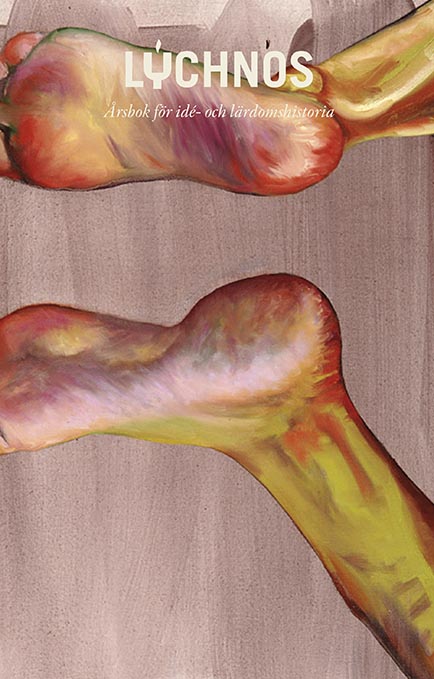Modes of abstraction
Ideal and real abstractions in Marx’s critique of political economy
Keywords:
Marx, abstract labour, Realabstraktion, abstraction, Capital, RicardoAbstract
One key critique Karl Marx (1818–1883) addresses to the political economists is their lack of an adequate force of abstraction [Abstraktionskraft], which provides our only tool available when analysing economic forms. In his Grundrisse (1857–1858), Marx writes that individuals in bourgeois society are ruled by abstractions. This article aims to reconstruct a Marxian methodology by focusing on the category of abstract labour as a key to his theory. Many modes of abstraction are at work in the category abstract labour. The article challenges the claim by leading scholars that Marx got this category wrong from the start, remaining ambivalent throughout his writing. By investigating Marx’s analysis of labour-power and wage-labour, the article sheds new light on the canonical definition of abstract labour. This article uses manuscripts, letters, and specifically Marx’s critique of David Ricardo, as well as a reading of later stages in Das Kapital (1867) to show how Marx’s use of abstract labour throughout his oeuvre is consistent with his dialectical presentation of the concept in Das Kapital. It suggests that Marx consistently reveals the social abstraction of the substance of value and capital, i.e. abstract labour, as a Realabstraktion dominating individuals in bourgeois society through money and capital.
Downloads
Published
Issue
Section
License
This work is licensed under a Creative Commons Attribution 4.0 International License. The copyright for the work published in Lychnos remains with the authors.


